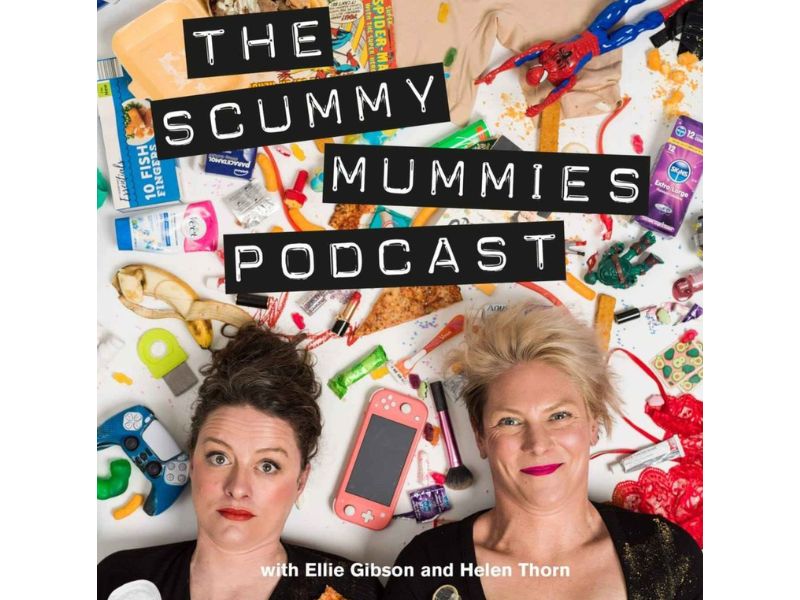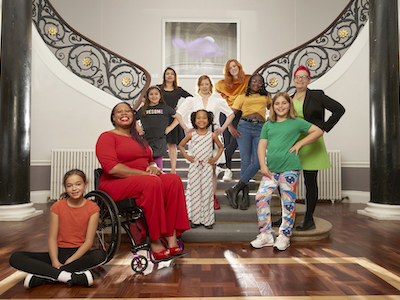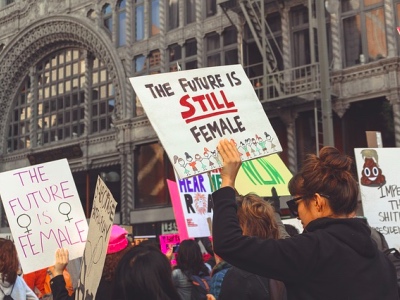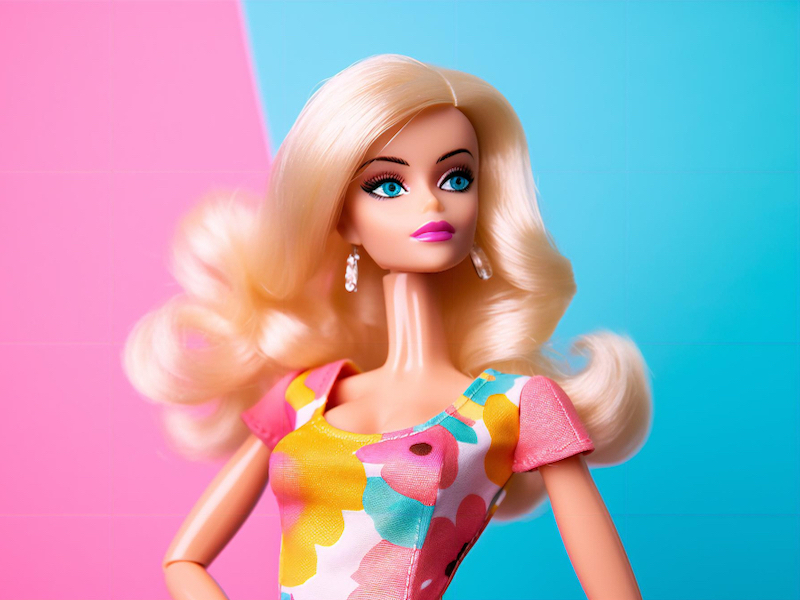
Greta Gerwig’s ‘Barbie’ premiered this weekend, and it falls nothing short of the blockbuster hit it was predicted to be.
The original Mattel Barbie, which households across the world grew familiar with, soon became the go-to ‘beauty stereotype’ that many young women have since felt pressured to meet. Initially one can see this film for its slapstick comedy, celebrity cameos, beautiful cinematography, and nostalgia, but Barbie is so much more than that. Over the decades Barbie has become more than just a doll, and this movie proves it. From the powerful opening scene of young girls destroying their once sought-after ‘baby dolls’, to the plethora of minority representation within barbie land – this was a film determined to make waves, and there is so much to address.
The overarching feminist tone between the contrasting ‘Barbie Land’ and the ‘real world’ sets up a film that is both enlightening and nostalgic for some but poignant for all. Barbie Land is set in this bimbo-esque idyllic pink town that is run by women (‘Barbies’), with the men’s existence being limited purely to secondary roles. At first glance, this can seem like men are being given the lower hand in Gerwigs’ depiction of ‘Ken’. From Kens’ childish mannerisms, innocent language, and the little agency that they hold over themselves, the Kens primarily exist in this land secondary to Barbie and watch her endeavours.
It is evident that Gerwig’s feminist approach is a strive towards equity
Albeit the depiction of a matriarchal society is argued by some as an extreme wave of feminism, this results in a world where Barbie is a doctor, a president, a supreme court judge, and pretty much anything you can imagine, and Ken is just ‘Ken’. However, it is important to acknowledge that Gerwig’s feminist arc is not to solely praise a matriarchal system, she too later criticises its extremities and how Kens’ reliance on Barbie is damaging to his sense of self-worth and identity. It is evident that Gerwig’s feminist approach is a strive towards equity, as proven at the end of the film when Barbie Land’s society is forever altered and there is individual autonomy amongst Barbies and the Kens.
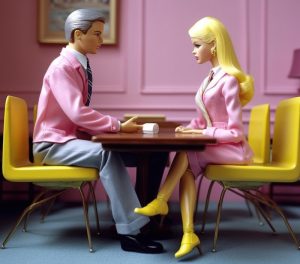 When Margot Robbie’s ‘Stereotypical Barbie’ finds herself no longer being content with the monotony that is ‘Barbie land’, she begins to question life itself and sets off to the real world. The terrifying contrast between the matriarchal Barbie Land with the patriarchy of the real world is immediate. From stares to straight-up sexual harassment, Barbie is left shocked, upset, and self-conscious in our society. Alike real women, Barbie too is objectified, and her innocence and naivety are taken away from her without her consent. But what about Ken? Well, Ken sees this and does nothing, instead, he finds comfort and confidence in receiving what he says is the feeling of being ‘admired’. Kens’ newfound wider purpose and inner self-worth within the real world exacerbates his fascination with the ‘patriarchy’ and begins his own journey towards perpetuating its ideals. The film itself even nods at the critiques of today’s society of those who are in denial of the patriarchy’s very existence, with a businessman admitting that ‘it still exists, we just hide it better’. This is no surprise when you acknowledge that women only make up 31% of the UK’s Parliament and that the gender pay gap results in the average woman in the UK working for free for nearly two months in comparison to the average man in paid employment (as estimated by the TUC).
When Margot Robbie’s ‘Stereotypical Barbie’ finds herself no longer being content with the monotony that is ‘Barbie land’, she begins to question life itself and sets off to the real world. The terrifying contrast between the matriarchal Barbie Land with the patriarchy of the real world is immediate. From stares to straight-up sexual harassment, Barbie is left shocked, upset, and self-conscious in our society. Alike real women, Barbie too is objectified, and her innocence and naivety are taken away from her without her consent. But what about Ken? Well, Ken sees this and does nothing, instead, he finds comfort and confidence in receiving what he says is the feeling of being ‘admired’. Kens’ newfound wider purpose and inner self-worth within the real world exacerbates his fascination with the ‘patriarchy’ and begins his own journey towards perpetuating its ideals. The film itself even nods at the critiques of today’s society of those who are in denial of the patriarchy’s very existence, with a businessman admitting that ‘it still exists, we just hide it better’. This is no surprise when you acknowledge that women only make up 31% of the UK’s Parliament and that the gender pay gap results in the average woman in the UK working for free for nearly two months in comparison to the average man in paid employment (as estimated by the TUC).
In a world where ‘Ken’ is favoured, Barbie is silenced.
In a world where ‘Ken’ is favoured, Barbie is silenced. With women and young girls in the film seeing her as this outdated bimbo toy, which homes in on women’s insecurities and sets unrealistic beauty standards – it is no surprise Margot Robbie’s ‘stereotypical’ Barbie feels as if she has lost her identity. Identity was a big theme within this movie, and America Ferrera’s monologue on the expectations of women really sets the tone of ‘womanhood’ today. From telling women to be a ‘boss but not mean’, to ‘lead but not quash others’ ideas’, to ‘stay pretty but not too pretty’, and amongst all this to ‘never fall down, fail or show fear’. This powerful monologue stands to acknowledge the complexities of just existing as a woman in the world today.
This is just a snippet of societal commentary within the Barbie film, and one can only truly grasp Gerwig’s vision by seeing it on screen. In the words of the Barbie marketing team, if you like Barbie, this film is for you, and if you don’t like Barbie, this film is definitely for you.
Barbie is now screening in all theatres across the UK – See here for the official trailer.





